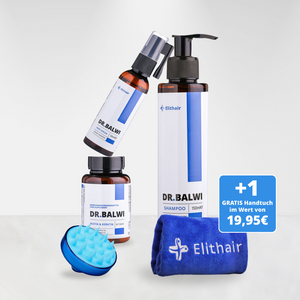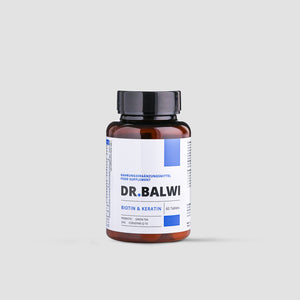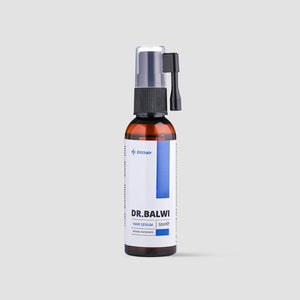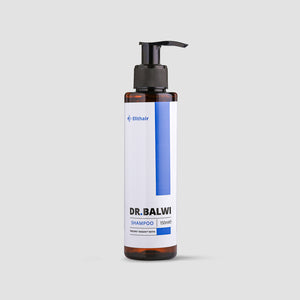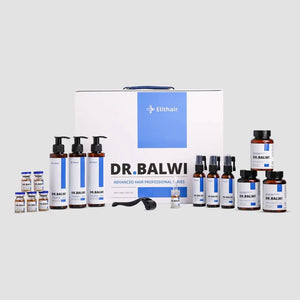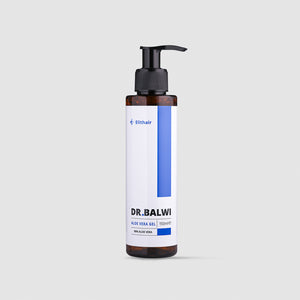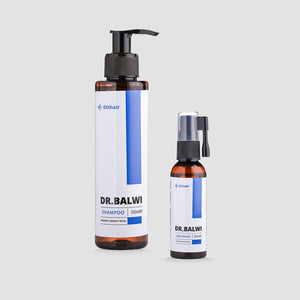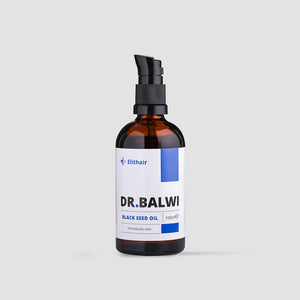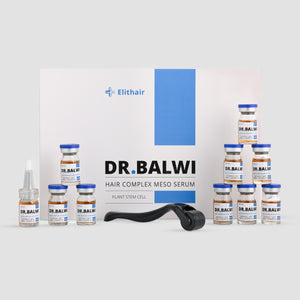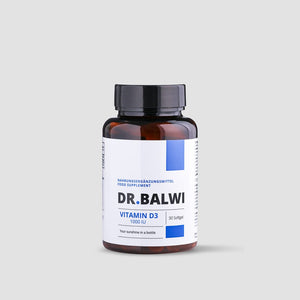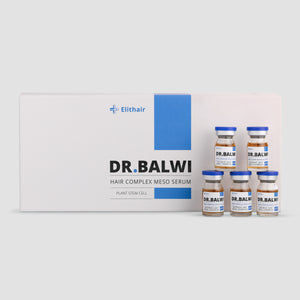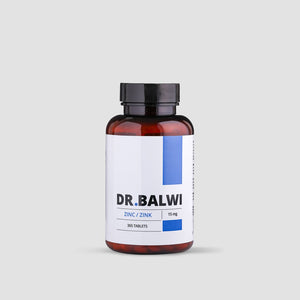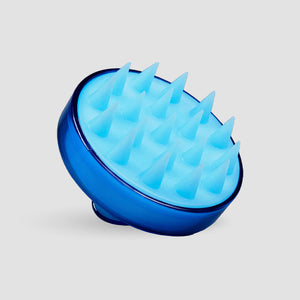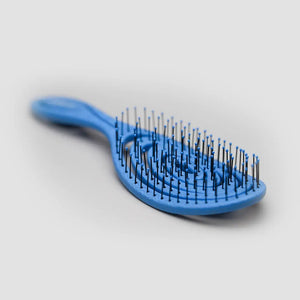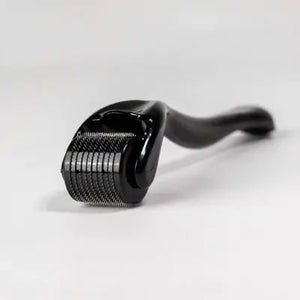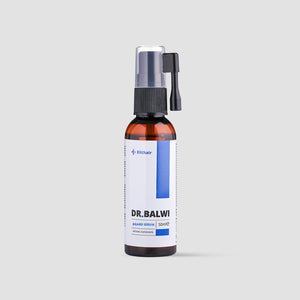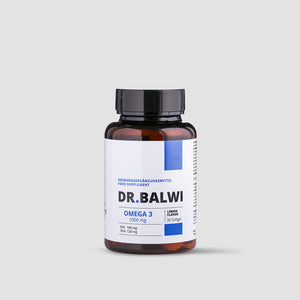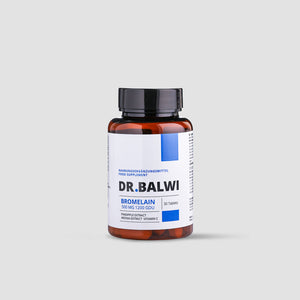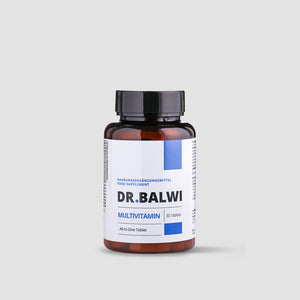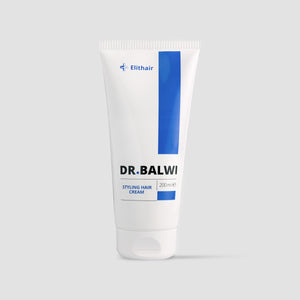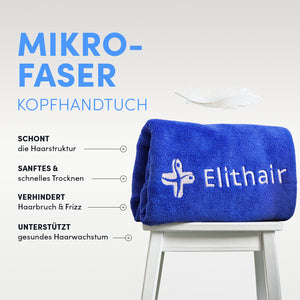
Foods and drinks that cause hair loss
When we feel good, our hair shines and our skin is smooth and flawless. Conversely, poor nutrition and an unhealthy lifestyle are also directly visible: through hair loss and the often accompanying impure skin. There are certain foods and beverages that negatively impact the health of hair follicles and are a cause of increased hair loss. By changing your diet, you can stop hair loss and, in most cases, regain the aesthetic radiance of a full head of hair.
Table of contents
- Why some foods and drinks can cause hair loss
- Lifestyle and diet significantly influence hair growth
- Is a change in diet also necessary if a hair transplant is planned?
- Unhealthy fats, salt, sugar and alcohol as "hair pests"
Why some foods and drinks can cause hair loss
Just as there are foods rich in vitamins and nutrients that promote hair growth, there are also a whole host of foods and drinks that cause hair loss. If you enjoy sweet foods and drinks, are not averse to alcohol, and use iodized table salt for seasoning, this could be the cause of your thinning hair. Drinking drinks straight from the fridge or eating foods rich in fat also puts your hair growth at risk. Thick hair grows from a healthy, well-circulated scalp. The follicles need vitamins, trace elements, and nutrients to be firmly anchored in the scalp and to undergo the natural growth process without interruption. An unhealthy diet affects your blood sugar and fat levels. It can lead to illness and severe hair loss. Reasons include reduced blood circulation to your scalp, nutritional deficiencies, and toxins that enter your bloodstream and thus hair follicles, for example, through regular alcohol consumption.
Lifestyle and diet significantly influence hair growth
It sounds banal, but a healthy lifestyle is essential for your hair. In addition to stress and illness-related factors for hair loss, hair loss occurs when your body is malnourished. The fact that sudden hair loss is due to nutritional deficiencies is often only recognized much later and ruled out by those affected. However, you should always take diffuse hair loss seriously and as an opportunity to review your diet and lifestyle habits and, if necessary, make changes. Real "hair killers" are soft drinks like cola or lemonade, cocktails, and wine. These drinks contain large amounts of white sugar, which puts the skin cells (including those on the scalp) into a state similar to inflammation. The result is brittle and ultimately falling hair. Wine also contains alcohol, which, along with industrial sugar and its harmful effects, causes faster skin and hair aging due to a lack of nutrients. Burgers, all fast food, and all high-fat foods are pure poison for your hair. If you also eat in a rush, you meet two criteria that lead to hair loss. These unhealthy fats promote malnutrition and inhibit the absorption of important nutrients and vitamins. Your hair becomes brittle and falls out before the end of its growth cycle. On top of that, you don't take time to eat and expose yourself to stress, which is considered the main cause of hair loss .
Is a change in diet also necessary if a hair transplant is planned?
Since some foods and drinks can cause hair loss, you will be asked about your eating habits during your initial consultation at a hair clinic. A hair transplant is one way to regrow full hair on bald patches and prevent baldness. However, freshly transplanted hair also benefits from a high supply of nutrients and reacts extremely sensitively if you ingest large amounts of unhealthy fats, too much salt, alcohol, or sugar. For this reason alone, you will be informed about a hair-healthy diet during your preliminary consultation before your hair transplant and will be advised to completely avoid unhealthy foods and drinks. A hair transplant lays the foundation for regaining your desired aesthetic and opting for full hair growth without a high forehead, receding hairline, or a tonsure. Your cooperation with regard to nutrition is an important support that gives your freshly transplanted hair strength and helps it grow.
Unhealthy fats, salt, sugar and alcohol as "hair pests"
These four elements are the main causes of diet-related hair loss. According to experts, industrial sugar, i.e., white sugar, and iodized table salt are particularly suspected of damaging skin and hair. Both substances are present in larger quantities in ready-made meals. This, in turn, means that you have no idea how much sugar or salt you're actually consuming. If you also quench your thirst with soft drinks, you've far exceeded the safe daily amount of sugar. While a snack from a fast-food stand or ready-made lasagna from the supermarket may satisfy your hunger, they're pure poison for your circulation and thus for the vitality of your hair follicles. Fresh fruit and vegetables, and herbs instead of ready-made meals and soft drinks will help your hair grow back and are therefore essential for achieving the desired results, even after hair implantation.
Foods and drinks that cause hair loss must be avoided after a hair transplant!
Your decision to undergo a hair transplant demonstrates how important your aesthetic appearance is to you. With a hair implant, you can regain your usual attractiveness and achieve a younger, more dynamic appearance thanks to new hair growth. To ensure that the newly implanted follicles heal and grow vigorously, you should avoid all foods and drinks that cause hair loss. Your hair will only grow in the donor and recipient areas if your scalp is well-circulated and the hair follicles receive optimal nutrient and vitamin supply. Before the hair implantation, you will receive a detailed consultation at the hair clinic , and don't be surprised if nutrition is a key part of the preliminary consultation. Given the results of the hair transplant, avoiding unhealthy foods and drinks will not be difficult and will improve your overall health.
